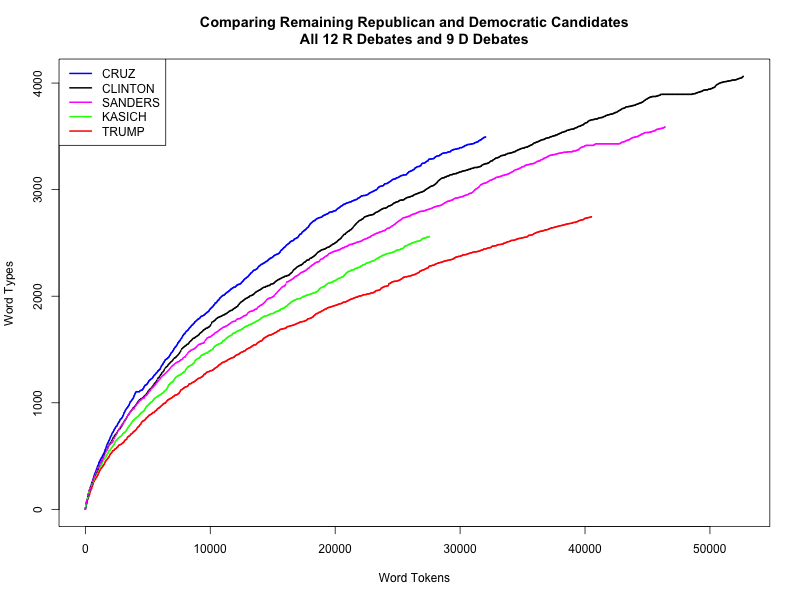Obama and the end of the queue
Over the past few days the British media (newspapers and BBC news programs) have been talking about a crucially linguistic argument that President Obama is being manipulated, and literally told what to say, by the UK prime minister's office. (Links seem superfluous: the Google News UK edition will give you thousands of references.) The evidence comes from a single choice of lexical item.
During the two working days Obama spent in Britain, the main news-generating event was a news conference in which he directly addressed the issue of whether the UK should remain in the European Union or leave it. A key argument for those who believe in leaving the EU (the proponents of Brexit) has been that new trade agreements could readily be set up once the country was free from the shackles of EU membership. Specifically, a trade agreement could be readily set up with the USA. Not so fast, said Obama: the USA will continue its negotiating efforts aimed at setting up a trade agreement with the whole EU, and if the UK left that grouping (the largest single market in the world) it would "be in the back of the queue" if it applied to get a special UK/US trade agreement established.
The Brexit crew jumped on the use of the word queue. Americans talk about waiting in line, not waiting in a queue or queueing up. "The back of the queue" is characteristic British English, and no American would say any such thing, they insisted. Obama's remarks must have been prepared for him by British pro-EU politicians. Are the Brexiteers right?
Read the rest of this entry »
